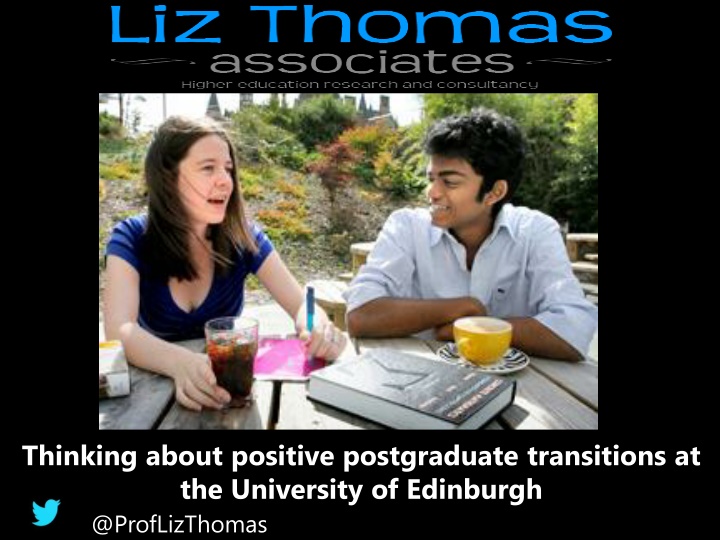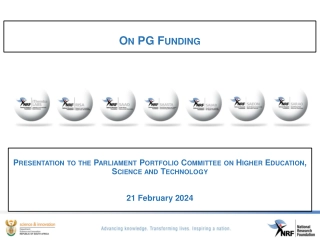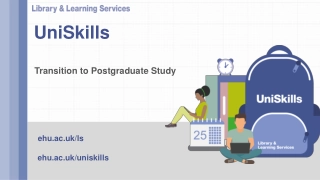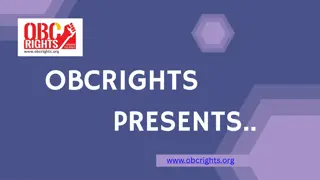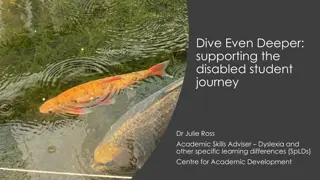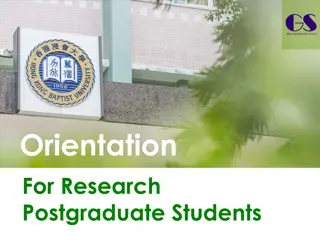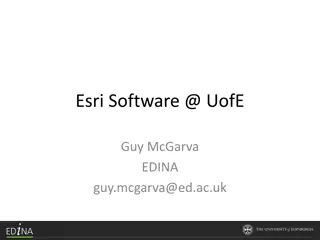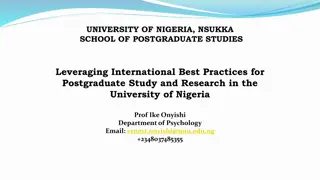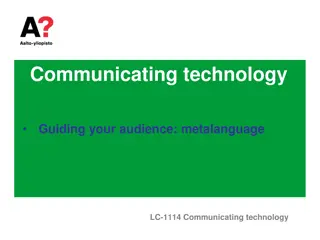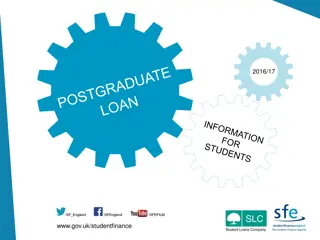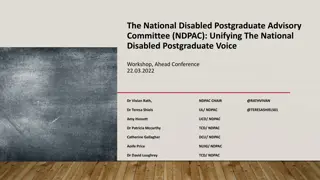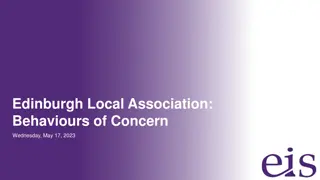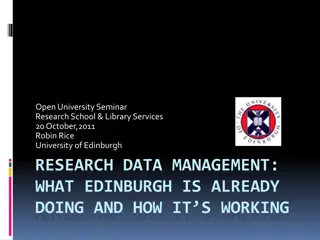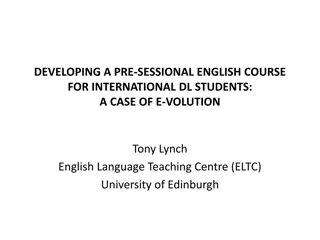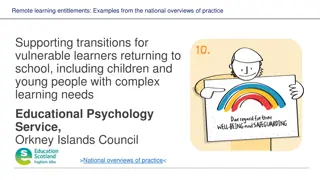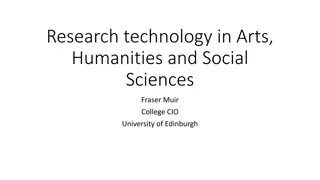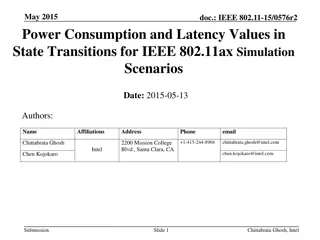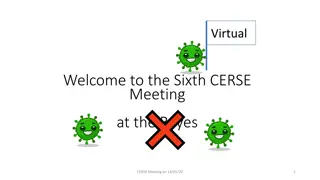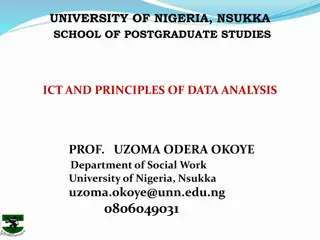Enhancing Postgraduate Transitions at University of Edinburgh
Overview of challenges and strategies for positive postgraduate transitions at University of Edinburgh, focusing on academic, social, personal, and professional aspects. Addressing unique challenges faced by specific student groups in transitioning to postgraduate studies. Examination of postgraduate progression, impact of socio-economic background, gender differences, and representation of BME students.
Download Presentation

Please find below an Image/Link to download the presentation.
The content on the website is provided AS IS for your information and personal use only. It may not be sold, licensed, or shared on other websites without obtaining consent from the author.If you encounter any issues during the download, it is possible that the publisher has removed the file from their server.
You are allowed to download the files provided on this website for personal or commercial use, subject to the condition that they are used lawfully. All files are the property of their respective owners.
The content on the website is provided AS IS for your information and personal use only. It may not be sold, licensed, or shared on other websites without obtaining consent from the author.
E N D
Presentation Transcript
Thinking about positive postgraduate transitions at the University of Edinburgh @ProfLizThomas
Overview Reminder of UG transition issues. Factors that impact negatively on thinking about and making the transition into postgraduate study. Student groups and particular circumstances that might inhibit a (positive) transition to postgraduate study characteristics. Examples of current practice to enable and improve transition to PG study. Conclusions and next steps at the individual and/or institutional level.
Effective UG transitions include o Providing information to help ensure good decision making. o Informing expectations to improve fit with reality, o Developing academic skills to enhance academic transition. o Building social capital (networks and relations) to promote integration with peers and staff. o Nurturing confidence, engagement and belonging to improve retention and success.
What are the biggest transition challenges at PG level? o Academic transitions to a new way of learning (epistemological and ontological transitions) o Social transitions to a new group of people o Personal transitions reflecting a change in circumstances and identity o Professional transitions to a new organisational culture
Are there additional challenges that particular groups of students face? o International students o Students with disabilities o Lesbian, Gay, Bisexual, Transgender and Questioning students o Students from minority religious groups o Racial/ethnic minority students o Gender minority students in different contexts o Commuter/part-time/transfer/returning students o Low-income and first-generation students.
Postgraduate progression Students from less privileged socio-economic backgrounds, who were less likely to have entered UG studies, are less likely to progress to PGT and PGR, and more likely to progress to other PG courses (e.g. PGCE). Men were more likely to progress to PGT and PGR than women and less likely to progress to other PG. BME students were more likely than white students to transition to PGT, but less likely to go on to other PG or PGR courses
What are you currently doing to improve transition PG study? Discuss your own experiences of improving the PG transition at the University of Edinburgh o Pre-entry and post-entry o Different aspects of transition academic, social, personal, professional o Students progressing from the University of Edinburgh o Students progressing from other universities o Students from particular equity groups o International students o Other specific groups or issues
PG transition reflective checklist The aim is to start developing a checklist to help you and your colleagues think about transition to PG study. You can also use the checklist as a mechanism to review progress made to date and identify areas for development. What are the key issues or principles that need to be taken into account? Draft one or two reflective questions to share with the group.
Induction reflective checklist 1. To what extent is transition work focused on social engagement and developing social capital (contacts or networks to draw on), rather than on provision of information? 2. How early are you starting to build meaningful relationships with and between students, so that they know who to ask if they need information or support? 3. To what extent do your transition activities have an overt academic purpose? Could the academic element be increased? In what ways are academic members of staff involved in transition activities?
Induction reflective checklist 4. Do you have sufficient structured opportunities for students to get to know members of staff? Is this sufficient to enable students to get to know staff and be able to ask for information or support? 5. To what extent do pre- and post-entry transition activities facilitate students getting to know peers from the same course or programme? Is there a structured approach to encourage mixing outside of their comfort zones?
Induction reflective checklist 7. Does your transition programme make the benefits of academic and social engagement explicit to students and provide them with skills and opportunities to engage? 8. To what extent do transition activities build on and relate to students diverse interests, experiences and backgrounds? 9. In what ways is the relevance of the course or programme of study to students future aspirations made explicit both pre- and post-entry?
Next steps o What should happen next? o Individually o Collectively
Thank you for listening. Please get in touch if you would like to discuss anything: liz@lizthomasassociates.co.uk or visit www.lizthomasassociates.co.uk Thank you Follow me on Twitter: @ProfLizThomas
